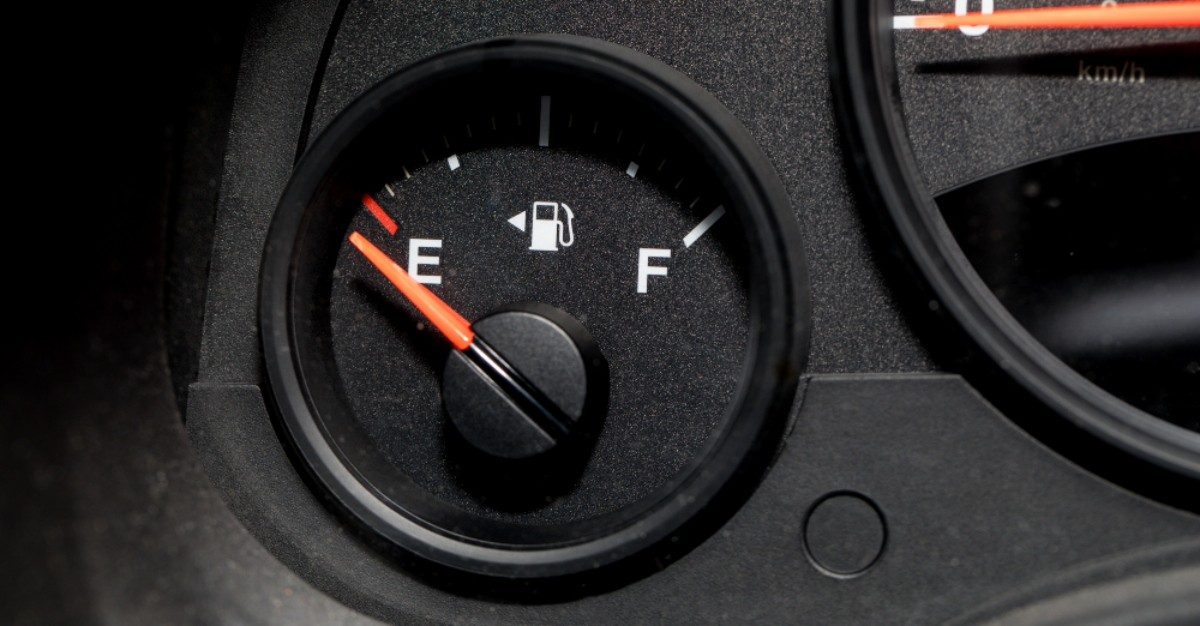
Are We In The Middle of An Ambition Recession?
Last month, I had dinner with a group of executives who I meet with several times each year as part of a business forum.
As we discussed the challenges of the last few months and years, my colleagues’ stories reflected many of the challenges that have impacted almost every facet of life since COVID first burst onto the scene in March 2020.
We traded stories of navigating the constantly shifting economy with constant disruptions, supply and demand fluctuations and cancellations had affected our personal and professional plans. The consensus was that most things just felt hard, and as a result there was less of a desire to do more. I coined the term “ambition recession” to describe this phenomenon.
To be clear, this ambition recession is not just due to fatigue. There are certainly moments when we just feel too burned out, or stretched too thin, to reach our full potential. After nearly three years of disruption to almost every aspect of our lives, it makes sense that it’s gotten difficult to summon the energy to focus, plan, and strive for long-term outcomes.
However, there is also a deeper phenomenon at play with this ambition recession. The events of the last few years have shifted our priorities on a holistic level. Suddenly, with life feeling more precious, spending time with kids and family seems like a more important priority than hitting the next business goal. This seemed particularly true for my forum-mates, who were all in their 40s; they seemed to have reached the realization that ambition for ambition’s sake may have reached diminishing returns.
These experiences reminded me of the concept of hedonic adaptation, also known as the hedonic treadmill. This concept says that we eventually adjust to our standard of living, no matter how comfortable or lavish, and we inevitably feel we can only be happy if we achieve a higher standard.
For example, when we buy a new car, it feels amazing at first. But within a few months, the novelty and new car smell wears off and we start to want something new and different, thinking a newer, more expensive car will make us happier. The constant pursuit of more and better can lead to a feeling of dissatisfaction and lack of fulfillment, even when we achieve external measures of success such as status, recognition or wealth. This empty feeling hits especially hard if that “success” required years of sacrifice to health, family, and friends.
I believe that the ambition recession is partly a result of hedonic adaptation, partly as a result of burnout and also because the existential threat of COVID, and the many disruptions to life since March 2020. This reminder of our mortality and disruption to normal life has helped illuminate where our priorities are out of order. Sacrificing health, time with friends and family, or time to pursue our personal passions feels particularly foolish when each new level of achievement fails to deliver the fulfillment we want. This is especially true if we have already achieved a previously desired level of flexibility and financial security before deciding to move the goal post.
As we move forward, it is crucial to find a healthy balance between striving for future excellence and taking the time to enjoy the fruits of our labor in the present. By recognizing when our ambition may be causing more harm than good, and understanding our true motivations, we can emerge from this period with a renewed sense of clarity, ambition, and purpose. Ultimately, it is passion and purpose that lead to lasting happiness, not the endless pursuit of more and better. By aligning our actions with our passions and goals, we can find fulfillment and contentment, even in challenging times.
Ambition is a great thing, but too much of anything is never good. It is necessary to periodically reevaluate our priorities, and how we spend our energy, to ensure that we are aligning our actions with the values and people we consider most important in life. By setting goals, prioritizing self-care, and finding activities that bring joy and fulfillment, we can ensure that ambition serves as a positive force in our lives rather than a source of stress and burnout.
Quote of the Week: “Excessive ambition is the demon of the wise man and the angel of the fool.” — Margaret Cavendish
*************************************************************************
The above article is a Friday Forward, my short weekly leadership note read by 200,000+ leaders in over sixty countries.
If you'd like to see more of my posts and articles, follow me on LinkedIn.
Robert Glazer is the Founder and Chairman of the Board at Acceleration Partners, an award-winning partner marketing agency with over twenty-five best place to work awards. He is also a #1 Wall Street Journal bestselling author and keynote speaker. Full bio and speaking inquires at www.robertglazer.com
Construction Defect & Land Use Attorney
1yAmbition recession? How about excess reckoning?
Vice President of Growth and Payor Relationships at Eastern Dental Management
1y"Ultimately, it is passion and purpose that lead to lasting happiness, not the endless pursuit of more and better."
Audiovisual Production Assistant / Tour Leader
1yYes.
TEDx Speaker ♦ Effective Corporate Executive ♦ Business Operations Leader ♦ Best Selling Author ♦ Project Management Professional
1yThis is really interesting. I also think this falls hand-in-hand with a current "connection recession". After isolation from COVID, we are extending less effort to connect with others outside our immediate families. Do you think this lack of connection negatively permeates our holistic health and ambition?
Senior Advisor @ Advando Americas | Building High-Performance Teams
1y"ambition recession" just became my new favourite phrase.